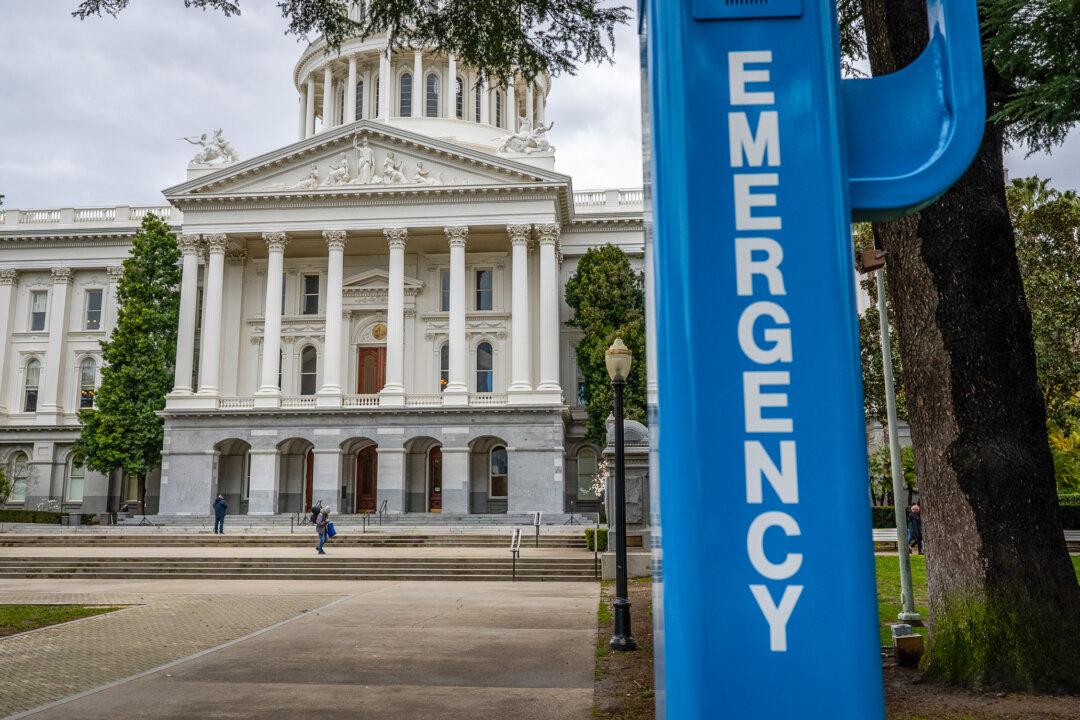Tax collections for 2022 in California fell well short of expectations, contributing to a $26 billion budget deficit for fiscal year 2023–2024, which is expected to increase to $58 billion through 2025, according to the state’s nonpartisan Legislative Analyst’s Office.
A “severe revenue decline” of 25 percent from the prior year, the decrease in tax collections is second only to the nearly 29 percent drop in 2002 following the dot-com bust, according to state tax collection data.





